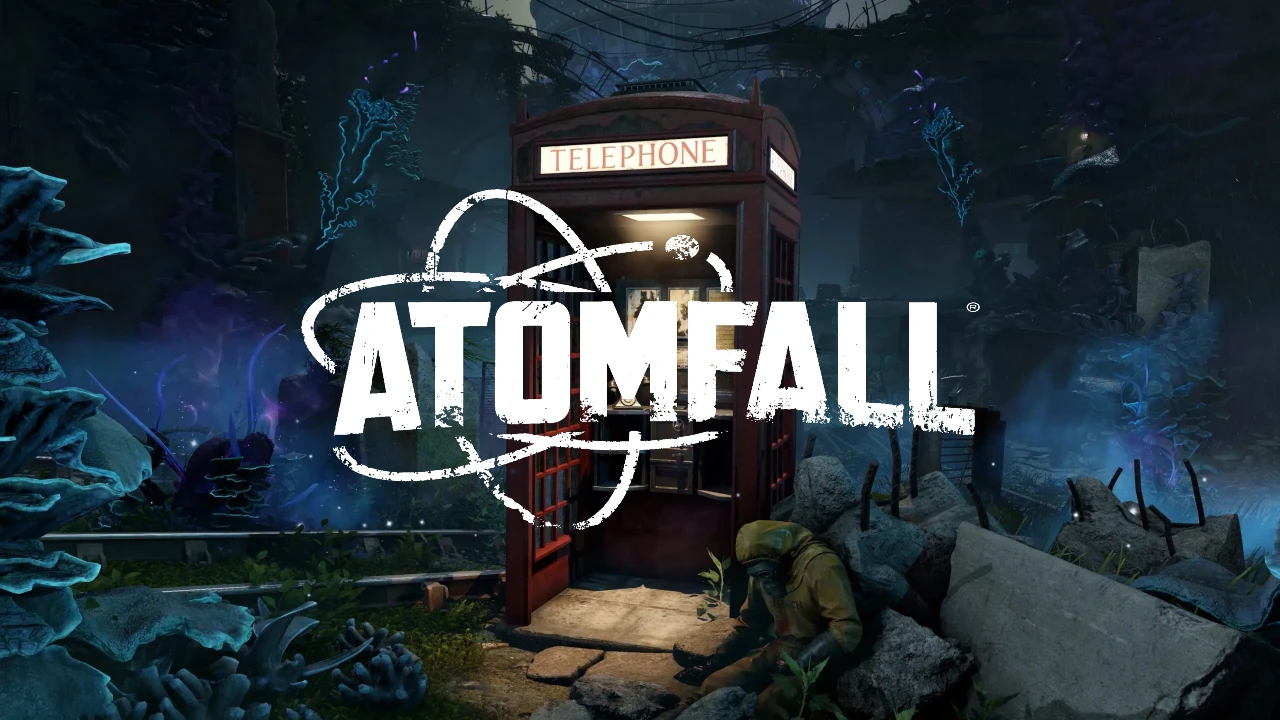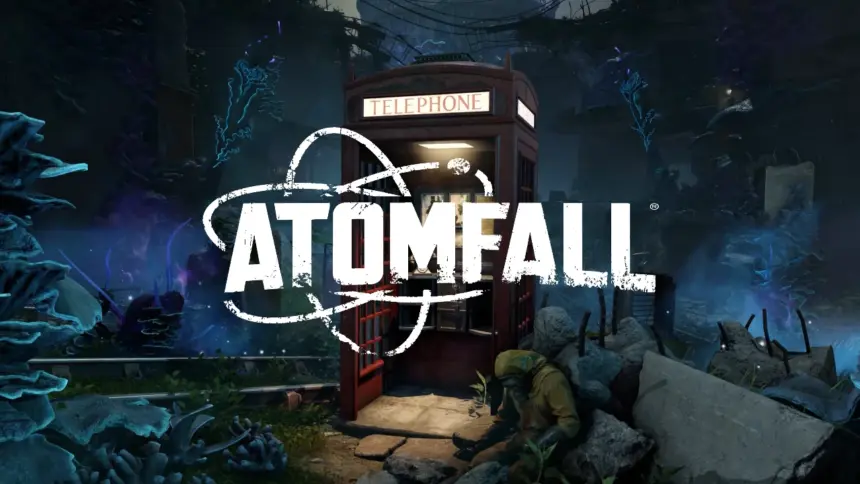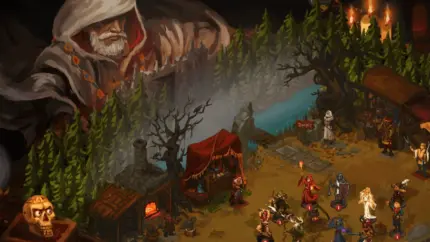Rebellion is for his Sniper Elite-series, but with Nuclear case the studio is taking a bold step into uncharted territory. The mix of survival shooter, mystery adventure and sci-fi role-playing game is ambitious - but will the experiment work? The answer is as complex as the game itself.
A radioactive scenario with depth
Nuclear case is set in the 1960s, five years after the real-life Windscale nuclear fire of 1957. But instead of a sober history lesson, Rebellion focuses on a dark "what if" narrative: a strictly sealed-off quarantine zone in the UK becomes the stage for a mysterious catastrophe. The first steps in this zone are oppressive. It is quiet, far too quiet. Abandoned houses, half-looted stores, rusty vehicles that have broken down somewhere. The few remaining residents? They whisper about eerie apparitions, shadows moving in the night, voices in the wind. A science fiction setting that is so credibly staged that you almost feel like you've been irradiated yourself.
A world full of stories and dangers
As soon as you enter the quarantine zone, you find yourself in the middle of a conflict between different factions. Outlaws, militant groups and fanatical sects vie for influence. In the midst of it all: a ghostly threat creeping through the irradiated forests. People with glowing eyes murmur about a new order, a voice that speaks to them. Is it the after-effects of the radiation? Or is there more to it?

How you react to this threat is up to the player. Do you negotiate with the outlaws or do you use a ruse to get past them unnoticed? If you decide to fight, every confrontation can turn deadly. Resources are scarce, ammunition even scarcer. And if you engage in close combat too often, you risk infection with unknown consequences.
Freedom with a few catches
Nuclear case offers a Pleasing freedom in the playing style. Instead of a classic XP system, you improve your skills by exploring and finding stimulants. If you invest time, you can find recipes for healing items or throwing weapons and thus gain advantages in battle.
But this freedom has its limits. Some missions are so open-ended that they lead nowhere. In one case, I followed tracks for hours only to find that the quest giver simply stopped responding. Bugs or a design decision? It's hard to say, but it's certainly frustrating. It takes quite some time to at least begin to understand what our task in the game is and how we can probably accomplish it. We keep finding new clues and fragments of possible solutions, but whether it's all correct what we're doing here, I have no idea. Rebellion had previously hinted at this approach, with which they wanted to bring a breath of fresh air into the genre. The whole thing falls a little under the "experimental features", the rebellion with Nuclear case wanted to try out.
In addition Nuclear case really doesn't make it easy for us to stay alive. Although we collect a few rudimentary weapons at the beginning, we are nowhere near able to defend ourselves with them. As a result, we die again and again and start again at the last checkpoint. However, where you can get decent weapons and equipment remains questionable, especially as hordes of enemies are always far too large to really do anything about them. Unfortunately, there is a lack of balance here.
Atmosphere: A masterpiece with background noise
The world of Nuclear case is visually impressive. Unlike genre colleagues such as Fallout or S.T.A.L.K.E.R. the game does not rely on a desolate desert landscape, but on a frighteningly beautiful, overgrown environment. Dense forests, misty swamps, deserted villages - every corner tells its own story. This is also reflected in the many parallel storylines, which do not always affect us directly, but fill the world with life. We overhear conversations, read notes and learn a lot about the world around us. This skilfully brings the bleak game world to life.
The sound design supports this immersion excellently, even if it has to contend with a few glitches. The battle music occasionally starts too early or too late and some dialog is cut off abruptly. Not a game breaker, but enough to occasionally disturb the dense atmosphere.

Technical problems and design weaknesses
So fascinating Nuclear case It has its weaknesses. Two of the most important tools - a lock pick and a metal detector - don't always work as intended. Sometimes interaction options simply disappear, so you have to reload.
The problem with freedom of choice is even greater. Nuclear case wants to be a game of consequences, but some endings are simply buggy. In two cases, the main quest broke off without me knowing why. I had followed all the hints, but the game refused to let me continue.
Otherwise, Atomfall runs pretty smoothly, at least on the PS5. And Rebellion has also taken a big step forward visually, where I had previously expected mediocrity.
Conclusion




